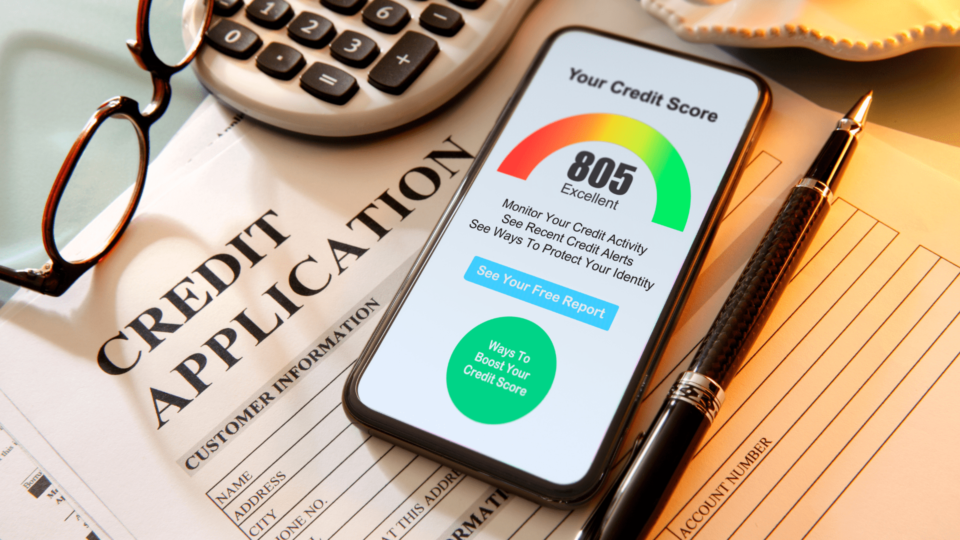While there is no real zero in your credit score range, some people don’t have any real score. Hence, anything under 580 is often considered poor credit. A popular myth is that customers begin at the bottom and work their way up the credit ladder. There is some merit to this, but it is more complicated than that. The majority of credit ratings range from 300 to 850. In this article, Angela Marie Kovacs explains what credit score you start out with.
There is no one starter credit rating from which people could make their way forward. This is because your credit score is determined based on your credit records. Therefore, it is obvious that your credit score won’t soar automatically the moment you attain your voting age. It takes at least six months of account operations to factor it into a credit report.
How is the Starting Credit Calculated?
Credit scores are simply deducted through your credit report. The information from your credit score is summed up into a three-digit score that lenders use to determine your trustworthiness.
Angela Marie Kovacs states “Generally, when someone is talking about credit score and utilization, they are specifically referring to the FICO score.”
How to Check the Starting Credit Score?
You can check your starting credit score by requesting a credit report online. In the USA, three institutes usually assist in compiling your credit report, namely, Experian, Equifax, and Trans Union. According to the regulatory guidelines, you are entitled to one free credit report from each of these institutes per year.
You can also log in to the government-approved site annualcreditreport.com to request your credit score. Once you log in and provide proof of your identity, you can access the credit report. Keep in mind that every bureau has its own range of credit scores. These ranges slightly differ from one another in terms of scaling and generating the report.
- The Experian credit score ranges between 300-850.
- The Trans Union scores also range from 300-850.
- The Equifax Range is between 280-850.
What Does Your Beginning Credit Score Account for?
Lenders analyze your credit score to identify how risky it is to lend you money. It defines the financial risk they may face while lending you money. Your available score may account for different things. For instance,
- Poor to low (300-559): If your credit range falls under this category, your trustworthiness cannot account for much. Most lenders won’t offer you a loan a credit card with this credit score. Even if someone is willing to lend you the money, the interest rate and restrictions will be very high, and the terms and conditions may not be in your favor at all.
- Fair to good (580-739): This is considered a decent credit range, and you should not have any problem getting a loan. However, sometimes you may have a limited credit balance for a credit card and restriction on your loan with this score.
- Very good to excellent (740-800+): If you have managed a credit score between this range, there is no reason for the banks and lenders to hold back your credit card or loan. You can choose the best financial aid and get the benefits from financial institutions in terms of restrictions, credit limits, and terms and conditions.
Credit History and Starting Credit Score
“If the lenders deny your application based on insufficient credit history, it means that your account is relatively new and not enough to satisfy the requirements. Lenders want to see a detailed credit history before giving you the money. They are looking for credit repayments and building credit scores to trust you enough to lend you the money.” Angela Marie Kovacs concluded.
Hence, you will need to build your credit score over time to apply for a loan or a credit score. The best way to do it is to be responsible with your money. For instance, if you already have a credit card, paying off the bill every month helps build your trustworthiness.


